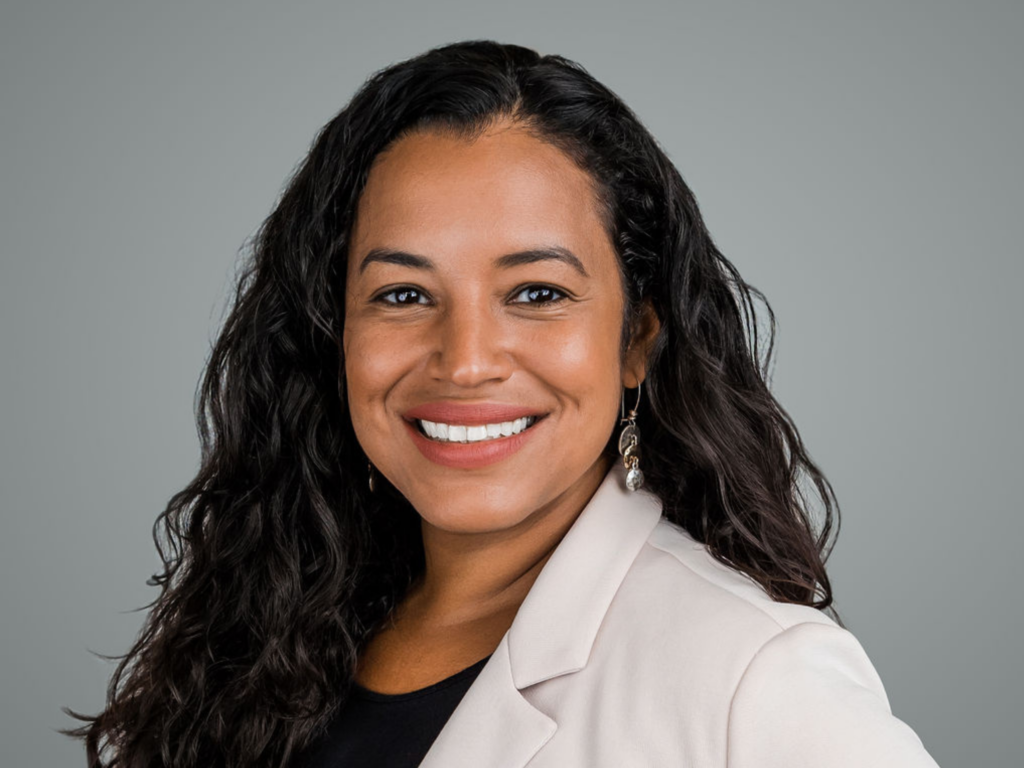WASHINGTON— President Obama on Tuesday laid out a series of challenges for the nation to meet in job training and college attainment, part of an effort to give every child a “complete and competitive education.” The president, in his first address to a joint session of Congress, said his administration would provide the support needed to give the U.S. the highest proportion of college graduates in the world by 2020. He said there was a vital need for Americans to complete more years of education if the nation is to compete globally. By one measure used by the Organization for Economic Cooperation and Development, in 2005 the U.S. had a 76% high school graduation rate, putting it behind Hungary, Reporting from Washington — President Obama on Tuesday laid out a series of challenges for the nation to meet in job training and college attainment, part of an effort to give every child a “complete and competitive education.”
The president, in his first address to a joint session of Congress, said his administration would provide the support needed to give the U.S. the highest proportion of college graduates in the world by 2020. He said there was a vital need for Americans to complete more years of education if the nation is to compete globally.
“Right now, three-quarters of the fastest-growing occupations require more than a high school diploma,” Obama said. “And yet, just over half of our citizens have that level of education. We have one of the highest high school dropout rates of any industrialized nation. And half of the students who begin college never finish.
“This is a prescription for economic decline, because we know the countries that out-teach us today will out-compete us tomorrow. That is why it will be the goal of this administration to ensure that every child has access to a complete and competitive education — from the day they are born to the day they begin a career.”
By one measure used by the Organisation for Economic Cooperation and Development, in 2005 the U.S. had a 76% high school graduation rate, putting it behind Hungary, Greece, Ireland and the Slovak Republic. To change that trend, Obama made the extraordinary call for Americans who presumably haven’t finished high school, or only have high school diplomas, to commit to getting an additional year of school.
“And so tonight, I ask every American to commit to at least one year or more of higher education or career training. This can be community college or a four-year school; vocational training or an apprenticeship.”
Not surprisingly, educators welcome Obama’s address.
Jonathan Schorr, partner at San Francisco-based NewSchools Venture Fund, which aims to improve public education, said, “That is terrific; anything that moves us in the direction of more of our students attending college is welcome and recognizes the economic realities we’re living in.”
Nancy Shulock, executive director of the Institute for Higher Education Leadership and Policy at Sacramento State University, said, “We’re finally picking up on the urgency of the educational crisis in this country.”
Meeting Obama’s goal of making the U.S. the world leader in college graduates by 2020 would require a major push. According to the Census Bureau, the percentage of American adults of all ages with a four-year bachelor’s degree was estimated at 17.1%, based on a recent three-year survey ending in 2007.
Obama also said that if Americans commit to community service, “we will make sure that you can afford a higher education.” Though he didn’t offer details, he mentioned legislation co-sponsored by Sen. Edward M. Kennedy (D-Mass.) and Sen. Orrin G. Hatch (R-Utah). Called the Serve America Act, it would make ServeAmerica Corps participants eligible for educational awards.

